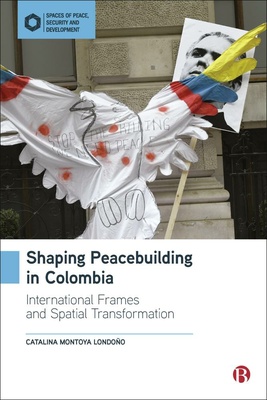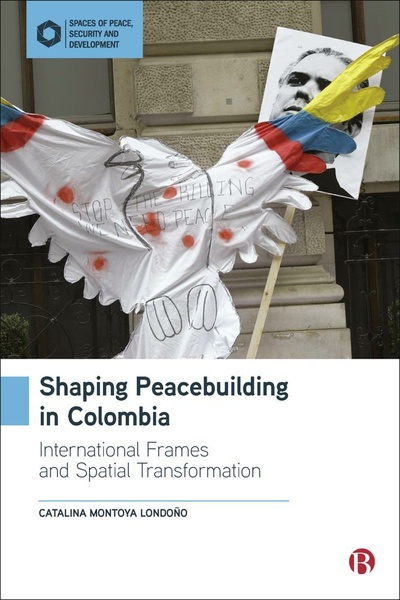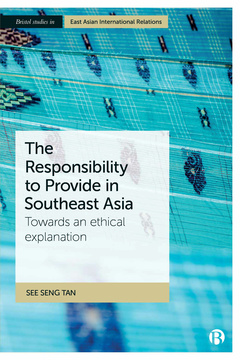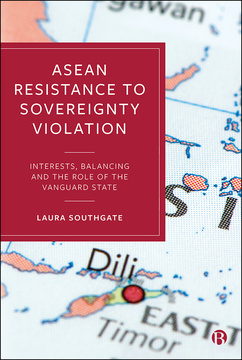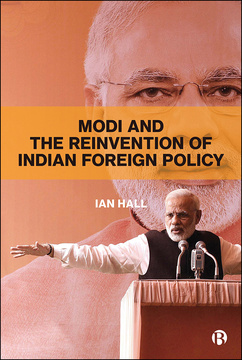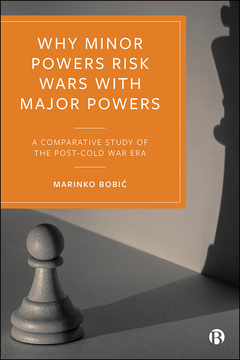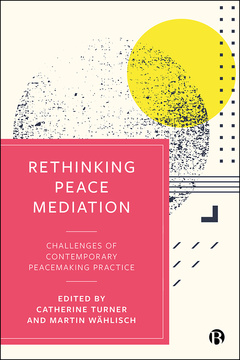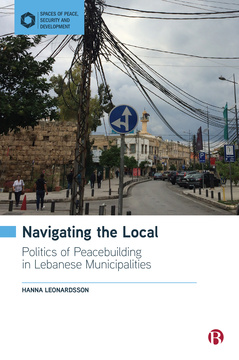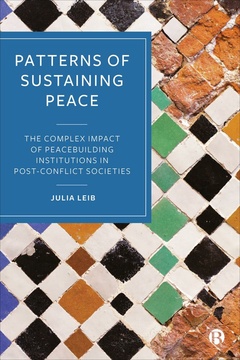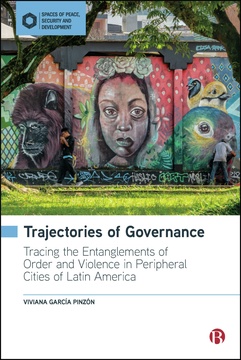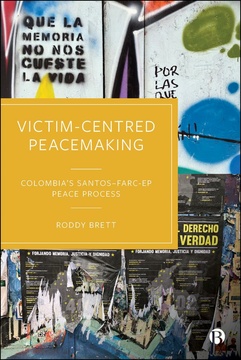Shaping Peacebuilding in Colombia
International Frames and Spatial Transformation
By Catalina Montoya Londoño
ISBN
978-1529211702Dimensions
234 x 156 mmImprint
Bristol University PressISBN
978-1529211719Imprint
Bristol University PressISBN
978-1529211719Imprint
Bristol University PressDuring the second half of the 20th century, Colombia suffered extreme levels of political violence. This book explores the involvement of the international community in peacebuilding efforts in Colombia since 2016. In particular, it examines how interventions were framed in order to promote and sustain their involvement and questions whether these frames reflected reality within Colombia.
The book focuses on key donors, including the US, the EU, Canada, Sweden and the UK, as well as multinational actors, such as the UN and the World Bank, to demonstrate how their framing of local issues for national and international consumption can have real world implications for peacebuilding efforts on the ground.
“In our world of endemic crises and exacerbated conflicts, we need to better understand and deploy mechanisms for peace. This in-depth study of peacebuilding in Colombia, its key movers, setbacks and successes, is essential reading for this understanding.” Simon Cottle, Cardiff University
Catalina Montoya Londoño is Associate Professor in International Relations at Liverpool Hope University. Catalina is also the Director of the Archbishop Desmond Tutu Centre for War and Peace Studies, as well as for the MA in Politics and International Relations.
Introduction
1. Theoretical Assumptions: Framing Projections in International Scenarios
2. Spatial Framing and Methodology Choices
3. Peacebuilding Efforts in Colombia: National Agendas and Management of International Cooperation
4. Peacebuilding Efforts in Colombia: Bilateral and Multilateral Cooperation
5. Local Views Regarding International Actors
6. International Actors’ Framing of Peacebuilding Spaces
7. International Actors’ Framing of Peacebuilding Agendas
8. Conclusions







